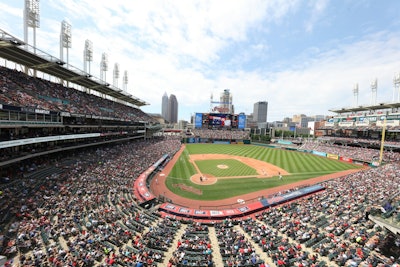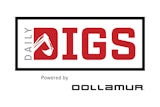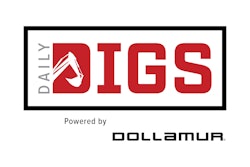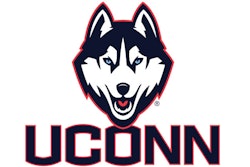
A nationwide survey conducted by ESPN found that while professional sports teams have largely moved to accommodate the needs of fans with sensory issues, many venues still fall short when it comes to addressing a range of other needs for fans living with conditions known as invisible or nonapparent disabilities.
As reported by Anthony Olivieri and Dan Hajducky of ESPN, tens of millions of Americans live with conditions that are not immediately apparent but significantly impact their daily lives, including autism, brain injuries, autoimmune diseases, chronic pain, mental health conditions, and loss of hearing and vision.
"Invisible disabilities are protected by the Americans with Disabilities Act, a 1990 law that prohibits discrimination and requires stadiums, arenas and other venues to provide accommodations," Olivieri and Hajducky wrote. "But those efforts largely focus on physical accessibility features such as wheelchairs, ramps and elevators."
The authors add that advocates for people with invisible disabilities say they would like to see teams offer accommodations such as better drop-off zones and special entrances for fans with disabilities, elevator access for fans who need it, and even measures as simple as printed menus at hot dog stands and better education for stadium employees.
"People think, 'Hey, let's just do the minimum, we have X number of wheelchair seats, that's good enough,'" Sherri Privitera, senior principal and senior architect at leading sports architecture firm Populous, told ESPN.
Per the reporting of Olivieri and Hajducky, who received contributions from ESPN's Sam Borden and John Mastroberardino:
ESPN canvassed 136 teams in the NFL, NBA, WNBA, MLB and NHL from November 2023 to July 2024 about whether they offer accommodations that fans with invisible disabilities say would make their game-day experience better.
Of the 136 teams, 120 responded. In the NFL, the Broncos, Texans, Patriots, Cardinals and Bengals did not answer questions. In MLB, the Brewers, Pirates, Mariners and Cubs did not answer. In the NBA, the Timberwolves declined to answer and the Clippers responded before their move to the Intuit Dome. In the WNBA, the Lynx declined to answer. In the NHL, the Panthers, Sabres, Jets and Senators did not answer. (The Utah Hockey Club was omitted because of the team's pending move to Salt Lake City.) Some teams did not answer every question in the survey.
For fans, challenges can begin when they arrive at a venue, and they suggested dedicated entrances for fans with disabilities. Less than half of the 120 teams that responded -- 56% of NFL teams, 56% of NHL teams, 45% of NBA teams, 45% of WNBA teams and 24% of MLB teams -- said they offer such entrances. Some said they offer a dedicated lane at the main gate or at all gates. Teams were recorded as not offering dedicated entrances if they responded that all entrances are accessible or ADA compliant or that they offer mobility assistance or designated drop-off sites.
Pittsburgh Steelers fan Mikey Dedmon, a fan who suffers from systemic lupus and has been prevented from using stadium elevators, said she would like to be able to register for games online and be given a badge to wear so she doesn't have to explain herself to staff. Of the 115 teams that responded to a question of whether they offer such badges, 42% said they do. Among the leagues: 56% of NFL teams said they do, along with 46% in MLB, 46% in the NHL, 28% in the NBA and 27% in the WNBA.
Amy Gomme, a Deaf fan in New Mexico, said she wished stadiums had more printed menus so she could point to a specific item. Just under a third of teams that responded to ESPN said they provide printed menus at concession stands: 45% in the WNBA, 36% in MLB, 34% in the NBA, 28% in the NHL and 21% in the NFL. In some cases, paper menus are available but fans must ask for them. Teams that said menus are available only at guest services offices, in-house restaurants or sports bars were counted as "nos" in the survey.
Changing technology also has affected the experience of blind fans who listen to games. While almost all teams said they offer headphones or assisted-listening devices -- 100% of NBA teams, 88% NHL, 85% NFL, 82% WNBA and 72% MLB -- fans told ESPN about broadcast lags or delays.
From AB: How Sporting Venues Are Designing to Support Those With Sensory Needs
According to Olivieri and Hajducky et al., one area where teams have made significant progress is giving neurodivergent fans a quiet place. In 2017, Cleveland's Quicken Loans Arena became the first sensory-inclusive arena in the U.S. Now, all 29 NBA teams that responded to ESPN said they have or are building sensory areas/rooms, along with 85% of NHL teams, 81% of NFL teams, 72% of MLB teams and 64% of WNBA teams.




































